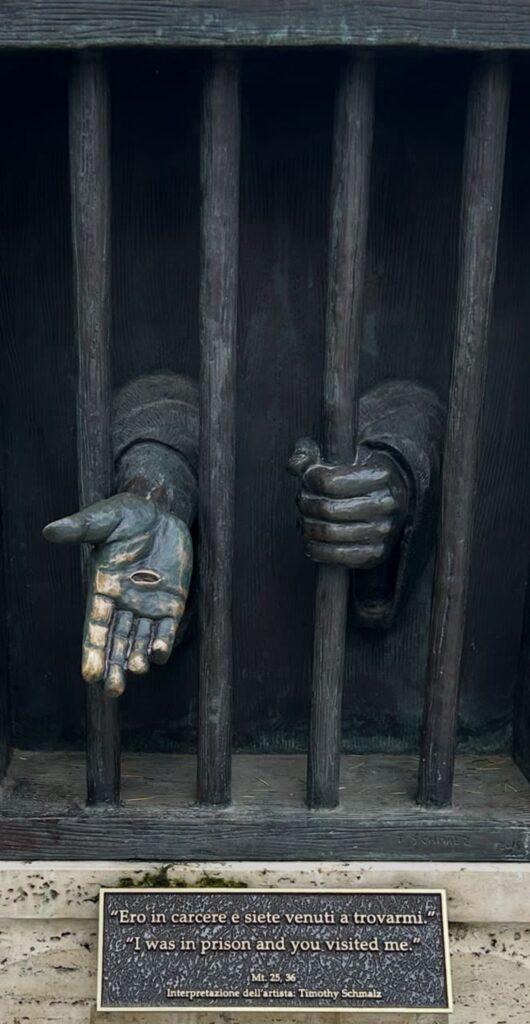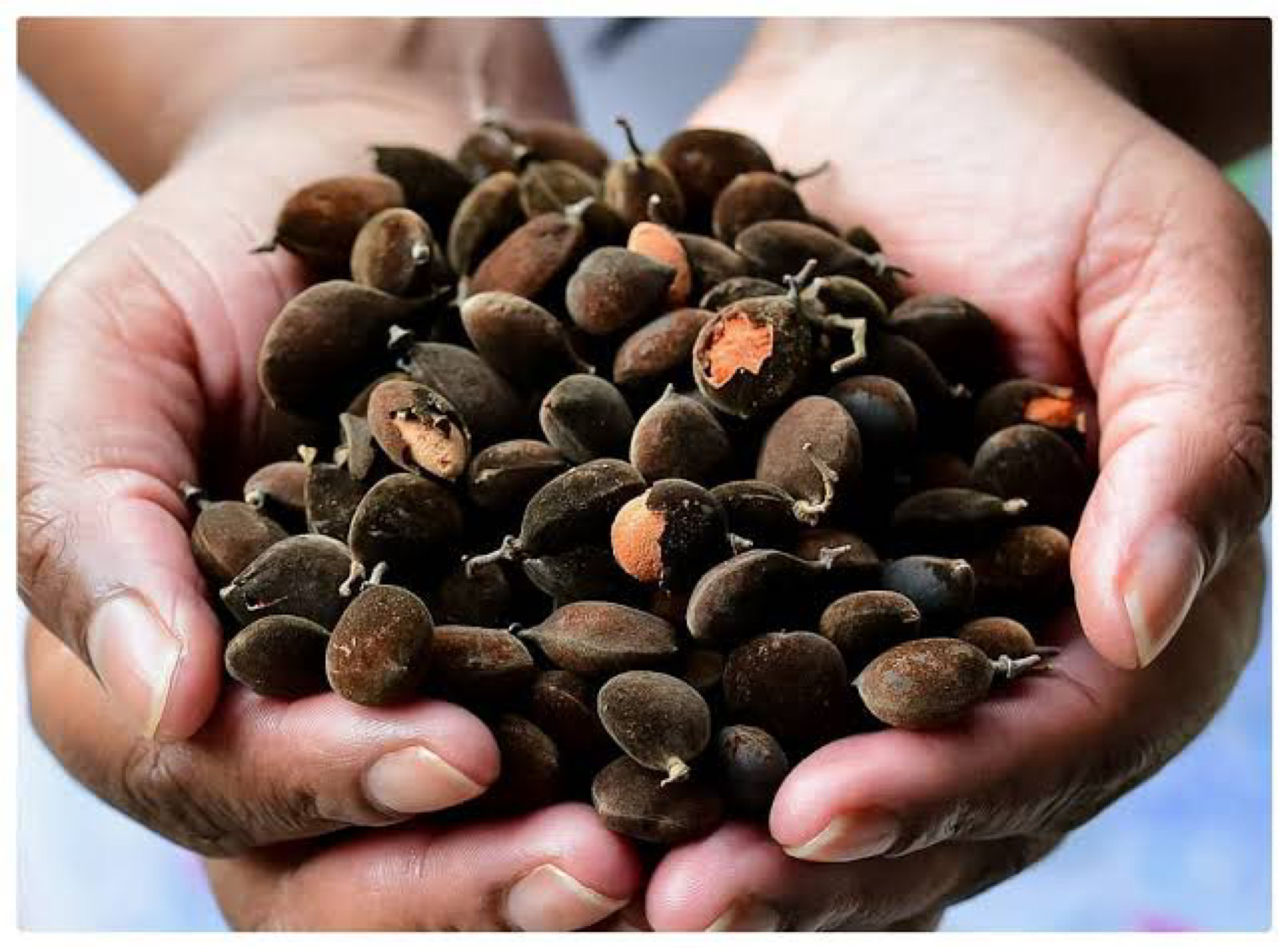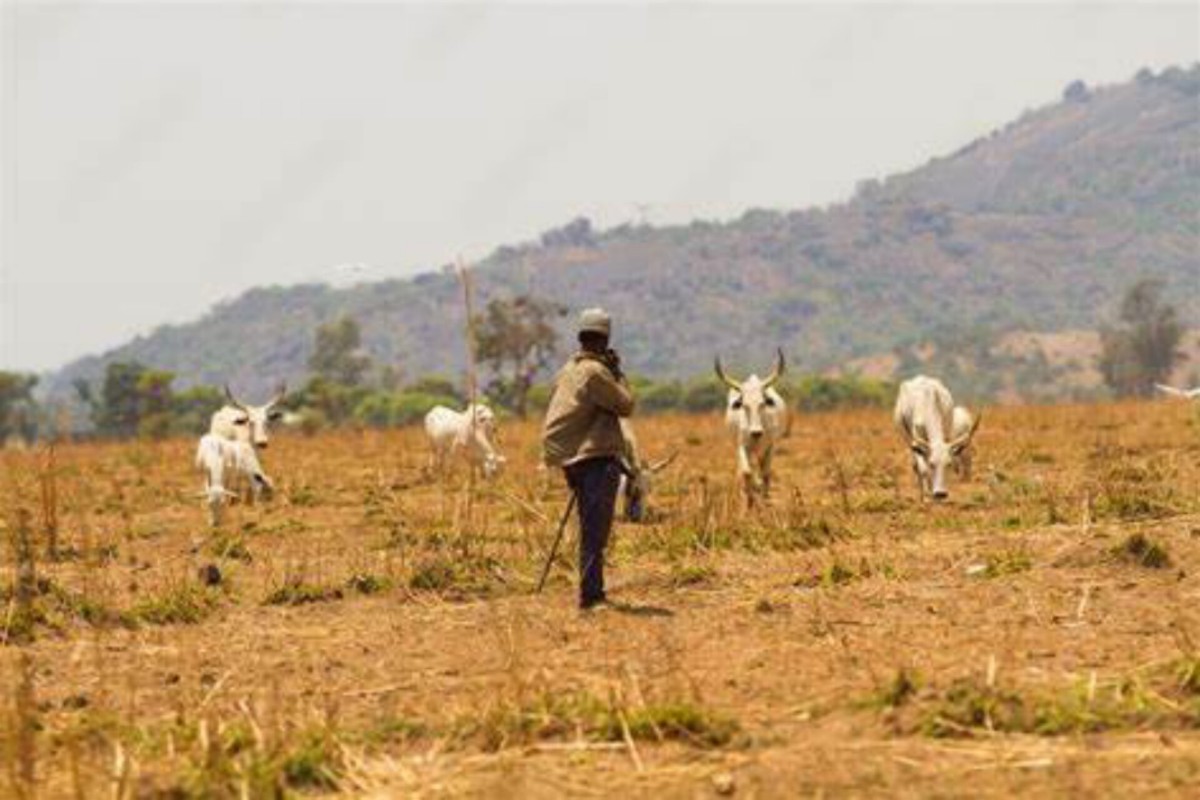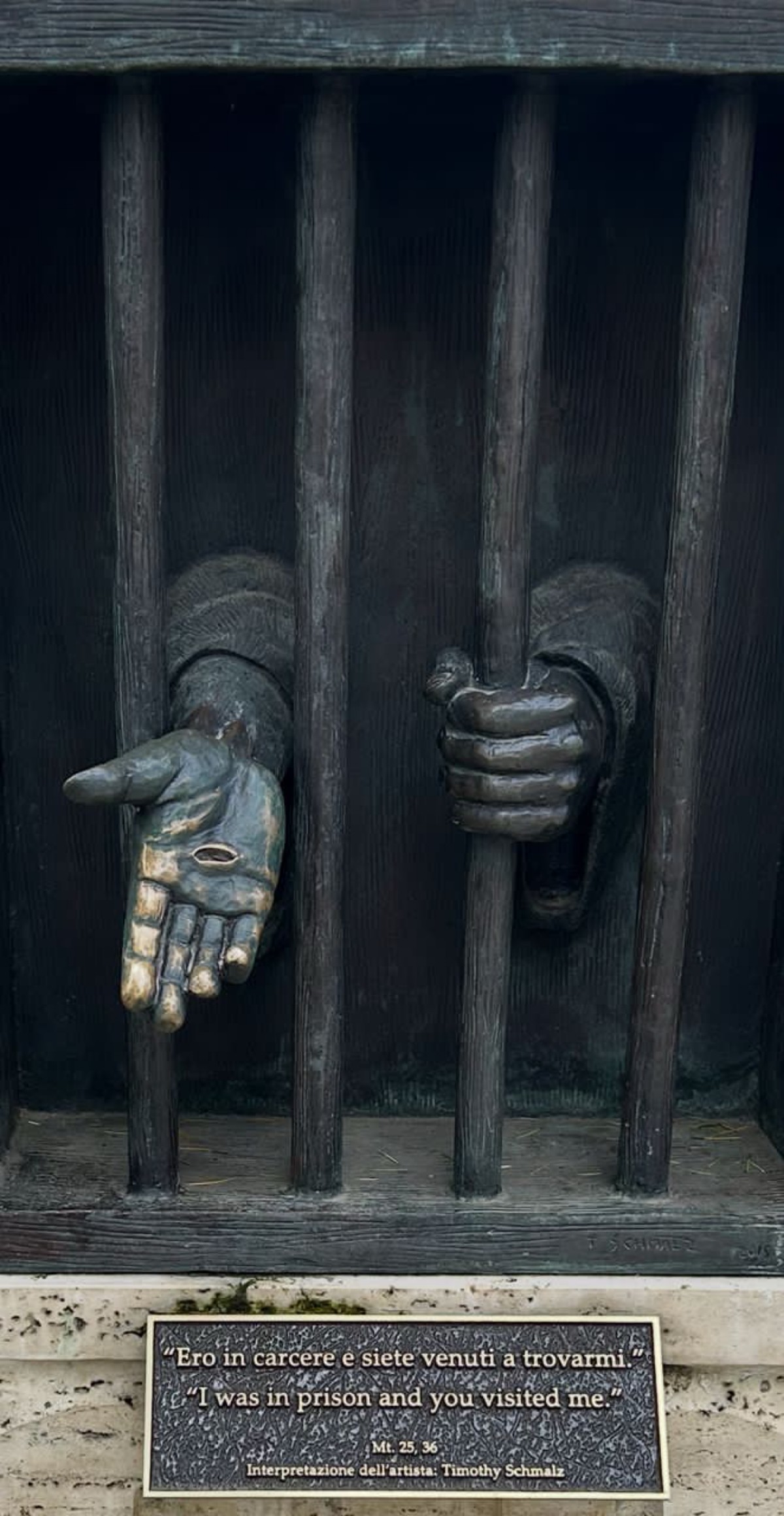Acts 8:1-8
Ps.65(66):1-7
John 6:35-40

WHAT DOES PERSECUTION MAKE OF US CHRISTIANS?
The death of Stephen marked the beginning of a wave of persecution. This day is etched in history as a moment of infamy, yet it also represents the dawn of the good news reaching the Gentiles. Tertullian, in his reflections on Christian persecution, expressed, “Kill us, torture us, condemn us, grind us to dust; your injustice proves our innocence… The more you persecute us, the more we multiply; the blood of Christians is seed.”
Indeed, the tragic end of this faithful servant has become the seed that was buried and has since borne “much fruit” (John 12:24). The ‘seed’ symbolized by Stephen’s life, laid to rest on that day, sparked an unstoppable spread of the Gospel that continues to resonate with us even after 2000 years.
Here’s the crux of the matter: From a human standpoint, one might see Stephen’s death—a truly exemplary man of God—as “premature” and a terrible loss. However, his death was not an untimely occurrence; he fulfilled the mission that the Father had set for him (John 4:34 and John 17:4). God’s view on the worth of a single life diverges from ours; we see things through the lens of time, while God sees the bigger picture of eternity.
The ensuing persecution led to the dispersal of the disciples. Yet, what the leaders aimed to achieve by scattering them ended up planting them in new places, allowing them to “preach the word” (Acts 8:4). Consider this: wherever you find yourself—be it due to work, family, or education—have you thought about being planted in that place? Are you nurturing roots and cultivating fruit for Jesus Christ? Do you thrive where you are sown?
That’s precisely what these early Christians did. Even though the misfortunes they faced, their actions served to advance the cause of Christ. Later, Paul would affirm, “We know that in all things God works for the good of those who love him” (Romans 8:28).
Although individuals in contemporary society may not encounter persecution akin to that experienced by early Christians in first-century Jerusalem, we must acknowledge that, if we earnestly strive to practice our faith in a world characterized by sin and malevolent influences, the likelihood of facing persecution in various forms is significant.
Nonetheless, we can place our trust in the words of Jesus, who reassures us in the Gospel: “Whoever sees the Son and believes in him shall have eternal life, and I will raise him up on the last day” (John 6:40). Just as Christ was resurrected, so too shall we experience renewal. We need to cultivate courageous and unwavering faith through persistent prayer in a world rife with opposition.
At times, God may use challenging circumstances to steer us toward His divine purpose. It is possible that we must be dislodged from our comfort zones before we can fulfill God’s intentions. Our faith can be likened to a tea bag—its strength and richness develop in response to the intensity of the hot water in which it is steeped. The death of Stephen did not deter Philip, who continued to proclaim the message of Christ in Samaria.
Thus, it is evident that God can utilize adverse circumstances to align us with His will. The following lessons warrant consideration:
- Persecution is an unavoidable reality for the faithful; it is advisable to remain prepared and unperturbed.
- Persecution serves to advance God’s overarching objectives for the health and expansion of His church. We can strengthen our resolve by studying the grace exhibited by God’s servants who have made profound sacrifices throughout church history.
- We ought to extend solidarity and prayerful support to those brothers and sisters who face direct persecution.
- We should maintain confidence in our ultimate triumph as we remain focused on the vision of heavenly glory and the advocacy provided by Christ—the Righteous One, who has imparted the Holy Spirit to assist us.
Ultimately, God employs individuals to convey His message to others, including both ordinary people and those perceived as mere mortals. Our duty is not to intrude upon the secretive aspects of God’s will or to pursue a personal agenda in selecting partners for ministry. We are instead commanded by God: “Go into all the world. You are to be my witnesses in Jerusalem, Judea, Samaria, and to the uttermost parts of the world.” This calling includes each of us.
Have a nice day!
Fr Joseph Osho









































































